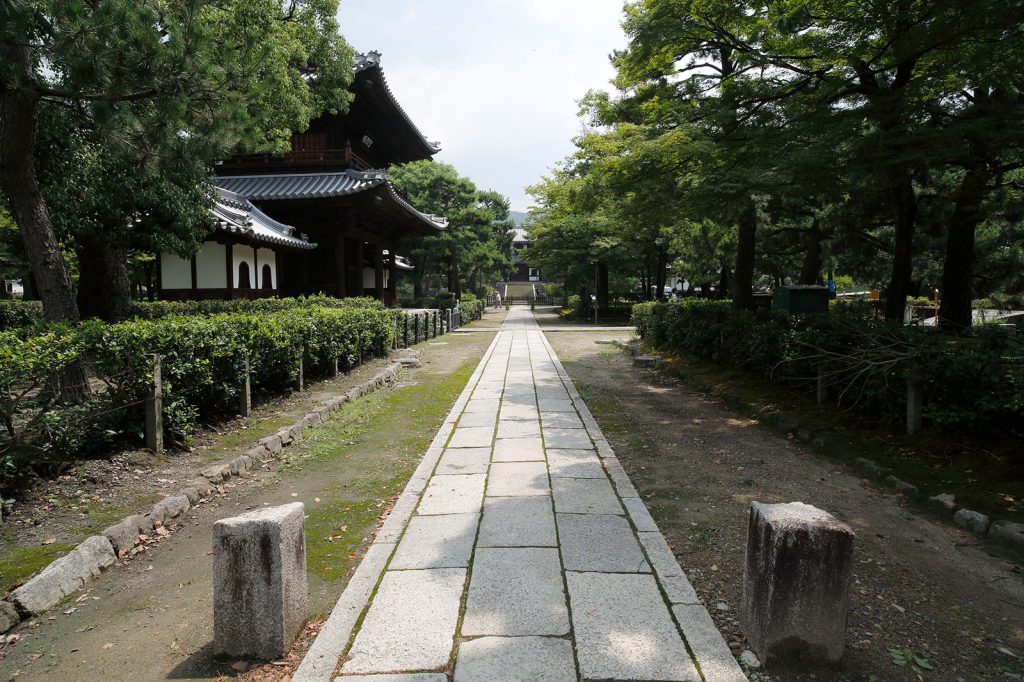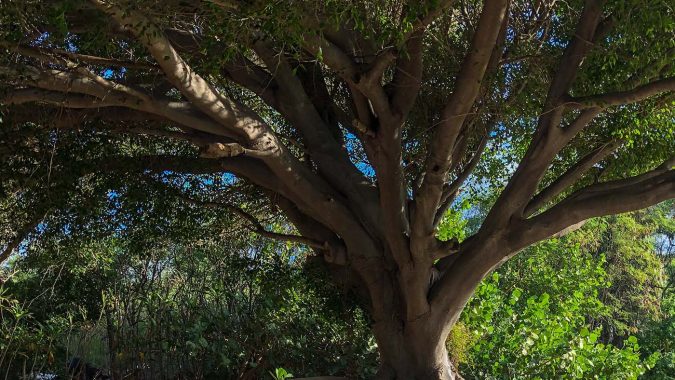
Within the Buddhist Jing Si Dharma lineage established by Master Cheng Yen, putting compassion in action through serving others and relieving their suffering is the heart of spiritual practice. While such a path of service and aid is noble and fulfilling, can we also expect it to be easy? On the contrary – based on years of experience providing humanitarian relief, Master Cheng Yen warns that we should anticipate difficulties.
In life, when we wish to do something for the greater good and undertake such a project, we’ll almost always run into obstacles and challenges. It is the norm for there to be differing opinions, for people to disagree with what we’re doing, or perhaps even make unkind comments or try to deter us. These endeavors are never easy. The path is almost always rocky and treacherous.
Should that deter us from this path? Hardly:
Buddhists aren’t afraid of trouble, and they actively throw themselves into serving others. In our service to others, we must not be swayed by what happens around us, and we must courageously overcome all obstacles. We must do what others can’t do, endure what others can’t endure, and give what others can’t give. This is taking advantage of all difficulties to strengthen our minds.
Dharma Master Cheng Yen
So how should we address obstacles and difficulties, especially those that originate from the people we collaborate with, who may have differing opinions on how to advance our benevolent venture. Master Cheng Yen offers these words of guidance and advice:
I’ve found that in such cases, we can only go on if we can bring forth compassion, wisdom, resilience, patience, the capacity to see people’s good qualities, the will to do better, and gratitude toward all.
Master Cheng Yen places the bringing forth of compassion first, in that it is essential. When facing setbacks and obstacles to a project for a good cause, we might be tempted to give up. It is precisely then that we should reflect with great compassion, considering the situation of those our endeavor aims to benefit: If we abandon our objective, how will it affect them? Will their suffering continue? By calling their plight and needs to heart, we can renew our resolve to stay on course, accepting to face whatever challenges may arise:
When something truly is right, we should “just do it” without letting others’ opinions or the difficulties involved deter us. In fact, all these obstacles and challenges are a kind of test. They test our wisdom. When the circumstances keep changing, making it difficult to progress according to plan, that is when wisdom is needed. Only with wisdom can we find a way to overcome each and every obstacle.
These obstacles and difficulties also challenge our resilience. If we aren’t resilient enough, we’ll easily be defeated by circumstances. We must not let our resolve be broken so easily.
At the same time, we must learn to develop a spirit of patient perseverance and equanimity. In the course of implementing our plans, we necessarily have to communicate with many parties. The process can be tedious and wearying, or even convoluted. With many differing views and opinions to deal with, the communication process can be very trying. Only if we have equanimity and patient perseverance can we face all of it and work to gradually bring everyone toward consensus.
That is also why I say that in the face of complications, we must learn to appreciate others’ good qualities – for we need to learn how to shift our mentality. A perfectly simple matter often becomes very complicated when many parties are involved. When there are many complications, the only way to not get “stuck” is to shift our mindset. The only way to shift our mindset is to learn to look at people’s good qualities. Doing that, I’ve found that everyone truly has good qualities that we can appreciate and learn from.
In addition, as we work to fulfill our goal, we must always strive to do better and seek improvement. It is not enough to simply carry out our plan; we must strive to do even better.
To better understand what Master Cheng Yen means by this, we can look at a Tzu Chi disaster relief mission that sought to build permanent housing for survivors of Typhoon Morakot, which struck Southern Taiwan in August 2009. Master Cheng Yen shares how the mission’s objective evolved:
I didn’t settle for merely building adequate homes. Since I decided to give them a home to last many generations, I had to strive to make it earthquake-resistant and capable of withstanding strong winds, for there may be more disasters in the future due to climate change. At the same time, the homes had to be beautiful and the entire housing community well designed, in consideration of their needs as well as aesthetics. As many of the disaster survivors were aborigines, we also hoped to build the community in a way that preserves their aboriginal culture. Therefore, even though it was already no easy undertaking to build permanent housing, we aspired to do even better and give these disaster survivors the most ideal home we could. In pursuing our goal, we must always continue to push ourselves to improve and make our work more ideal.
Master Cheng Yen also reminds us that in all our interactions with others while doing something for the greater good, we must always be grateful to everyone.
In life, we’re like a stone that can only become smooth, shiny and polished when there is another rough stone rubbing against us and wearing down our rough edges. Without this rough stone, how could our rough edges have become smooth or our surface shiny? That is why we need to be grateful toward everyone we interact with.
Indeed, when we undertake a good cause, there are many challenges and complications, and the process is arduous. What I have shared with you above is how I deal with such trying circumstances, and the attitude that sustains me.
On reflection, it is because this world is so full of problems and complicated matters that we take on the work we do. Our goal is to do good so that all people can live in peace and security; the world can be peaceful, harmonious, and without disasters; and Mother Nature can have the rest she needs to heal and recuperate. Only then can she continue to nurture and sustain all life on Earth.
But, to achieve these lofty goals, we must first overcome our own inner issues when we encounter difficulties along the way. That is why I say:
- In the face of suffering, we must nurture greater compassion.
- In the face of ever-changing circumstances, we must bring forth wisdom.
- In the face of difficulties, we must develop resilience.
- In the face of tedious processes, we must learn patience.
- In the face of complications, we must learn to appreciate others’ good qualities.
- In the pursuit of ideals, we must always strive to do better.
- In the interactions with others, we must harbor gratitude.
If we can do all this, there is nothing we can’t achieve. Everything ultimately depends on our mindset.
In closing, let’s also draw strength and inspiration on the path of service from these parting words of wisdom from Master Cheng Yen:
If you constantly have difficulties, thank heaven for the good training.
Dharma Master Cheng Yen
The sections in italics contain excerpts from a teaching given by Dharma Master Cheng, compiled into English by Shih De Lin, one of her monastic disciples who attends daily Dharma meetings and writes down the teachings heard firsthand.
































